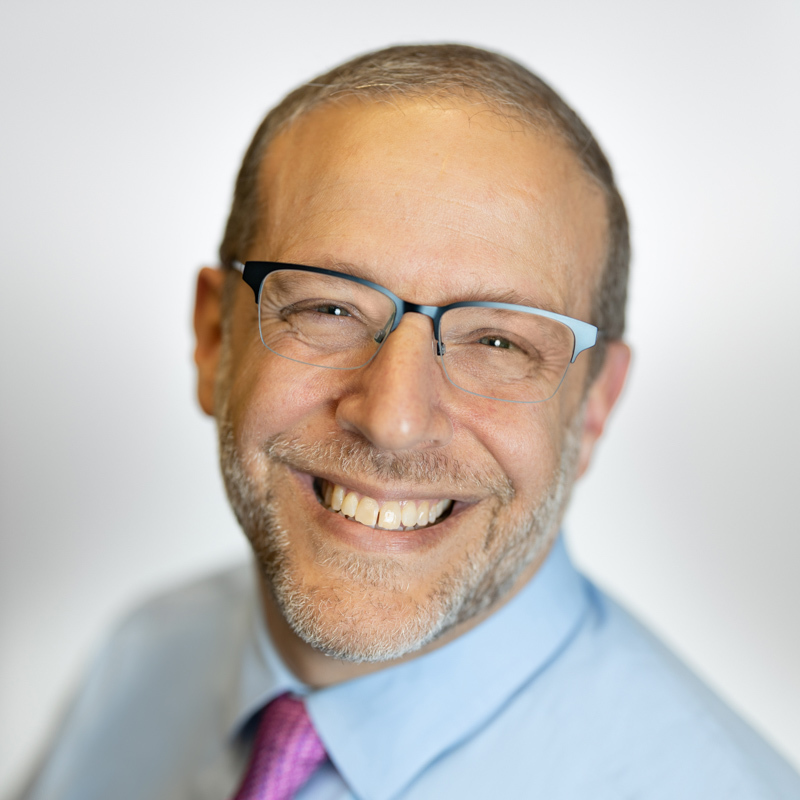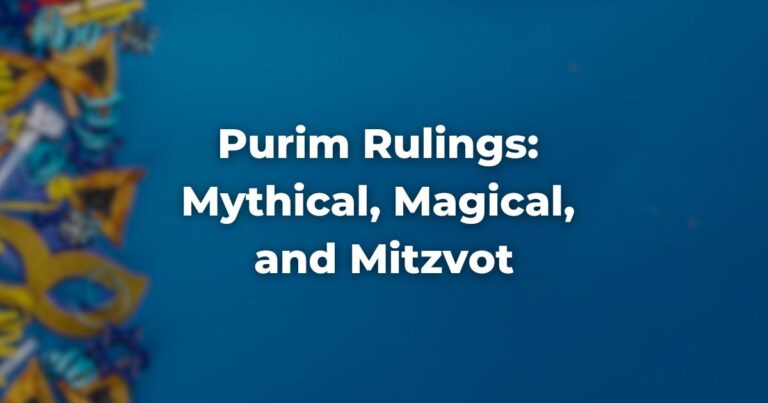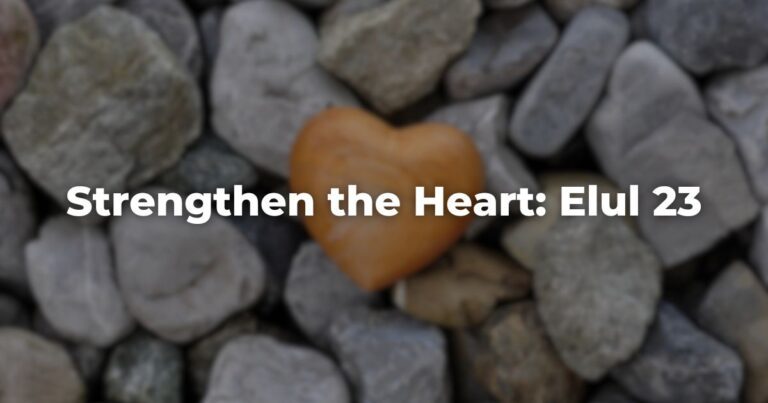Dear Friends:
I’ve experienced earthquakes twice in my life, and though fortunately they were both mild, I found each experience remarkably terrifying. Supposedly, there is nothing more solid than the earth on which we stand. Except when that same ground shakes us uncontrollably! In those moments, I realized that nothing in the physical realm is truly solid or dependable.
In ancient times, the highlight of Yom Kippur was the encounter of the High Priest with God’s intense presence in the Holy of Holies. This encounter required thorough physical and spiritual preparation. While the ancient holy Temple no longer stands, today we still recount this rite in a poetic section found in the musaf (additional) service. According to our liturgy, upon his safe exit from his Divine encounter, the priest would publicly recite an acrostic prayer for the New Year, a litany of hope and blessing: “May it be your will, Adonai our God, and God of our ancestors, to grant us, with all Your people Israel, a year of abundance, a year of blessing, a year of prosperity and success, a year of song, a year of dew and rain and sun…” (Mahzor Lev Shalem pp. 333-334).
Yet the prayer concludes with a special request on behalf of those who came from Sharon, a region prone to earthquakes: “May it be Your will, Adonai our God and God of our ancestors, that their homes not become their graves.” Back to reality!
And earthquakes come in many forms: illness, war, political unrest, economic disaster. Even with all our technology and defenses, upheaval can happen at any moment.
The fear, anger, and vulnerability in the face of such uncertainty can overwhelm us. If you’re feeling it, you’re not alone!
Fortunately, elsewhere in the High Holiday liturgy, our tradition suggests powerful ways to respond to our vulnerability: “Uteshuvah, utefillah, utzedakah ma’avirin et ro’ah hagezerah – Repentance, prayer, and seeking justice have the power to transform the harshness of our destiny” (p. 316).
Our tradition insists that while we can’t control the forces that surround us, we can still transform our lives and the lives of others. In the face of vulnerability and adversity, we can anticipate blessing. When we reach beyond ourselves and our fears, we can cultivate hope, beauty, and grace through our actions.
In the face of the great upheavals of our times, may our holidays inspire us to reach beyond ourselves, to find comfort and inspiration, to find and appreciate the blessings in our lives, and to share them with others.
Together with all of us at USCJ, please accept my wishes for a shana tova um’tukah – a happy and sweet new year!
Rabbi Jacob Blumenthal
CEO of the Rabbinical Assembly and of the United Synagogue of Conservative Judaism
Author
-

Rabbi Jacob Blumenthal serves as CEO of the Rabbinical Assembly and CEO of USCJ. He previously served for 20 years as the founding rabbi of Shaare TorahRefers to the first five books of the Hebrew Bible, the Tanakh, also called the Five Books of Moses, Pentateuch or the Hebrew equivalent, Humash. This is also called the Written Torah. The term may also refer to teachings that expound on Jewish tradition. Read more in Gaithersburg, Maryland.
View all posts




